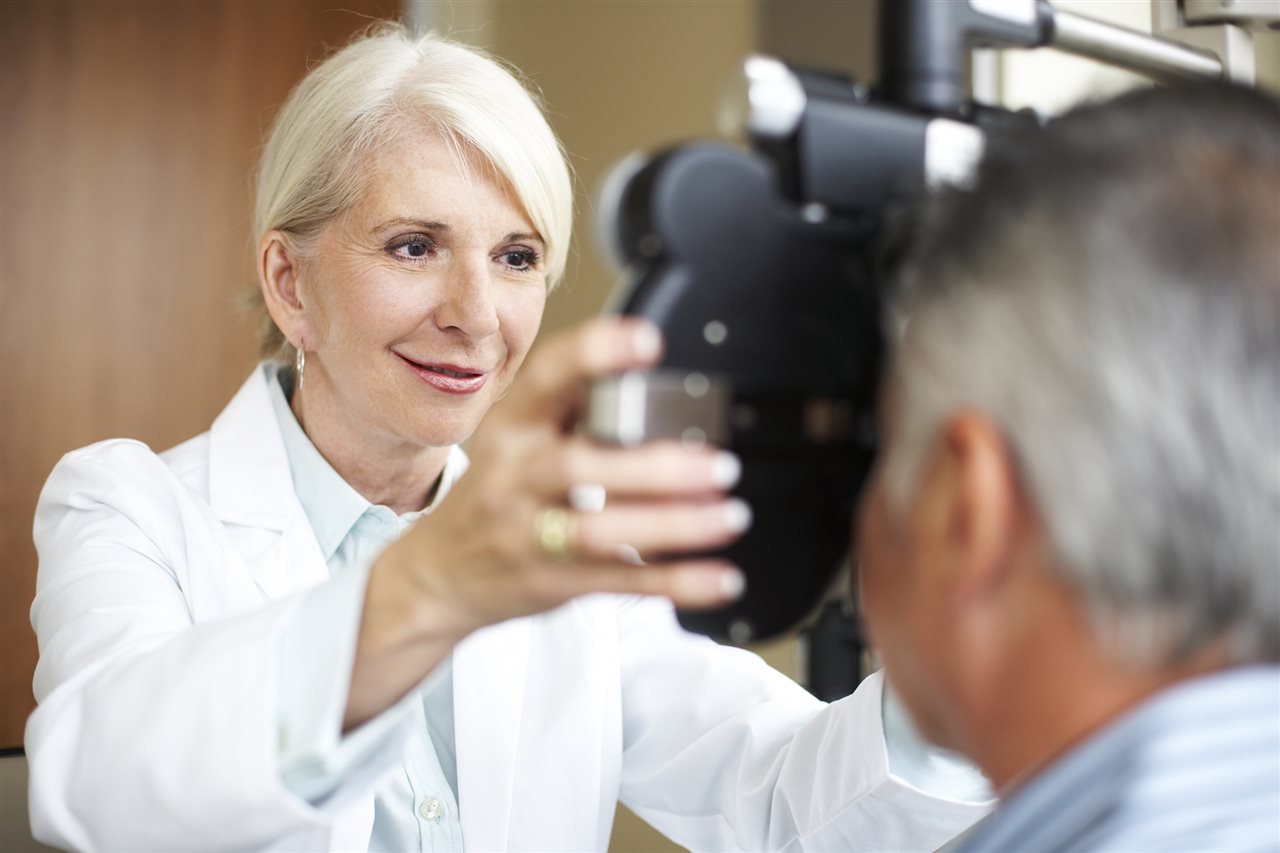
The ability to see is one of our most precious gifts. Like most things in life, our vision may be impacted as we age. That's why it's important to learn about Age-related Macular Degeneration (AMD). While there is no cure for this condition, there are steps that you can take to help reduce the risk of progression, including:
1) Schedule routine eye exams. As early stages of AMD may not present any symptoms, you may not think to consult your eye doctor. Keeping routine eye exams that include eye dilation may help to identify the condition early, as well as help maintain overall eye health.
2) Address symptoms immediately. See your eye care professional right away if you experience sudden or gradual changes in vision quality. As AMD progresses, straight lines may appear distorted, central vision may look dark, blurry or white, or changes in color perception may become noticeable. If you have been diagnosed with AMD, you should also regularly check your eyes.
3) Lead a healthy lifestyle. If you smoke, quit. Regular exercise can also help to maintain eye health and minimize the risk of progression. Other risk factors for AMD include obesity, high cholesterol and high blood pressure.
4) Eat right. A diet rich in green, leafy vegetables as well as healthy fatty acids may also help reduce the risk of progression. Foods that contain these nutrients include: spinach, kale, broccoli, cabbage, romaine and chard, and fatty fish such as salmon, sea bass, herring, whitefish, mackerel, anchovies and sardines.
5) Consider supplements recommended by eye specialists. If you've been diagnosed with moderate to advanced AMD, your specialist might recommend taking a specific nutrient formula. Talk with your doctor to see if eye vitamin is right for you.